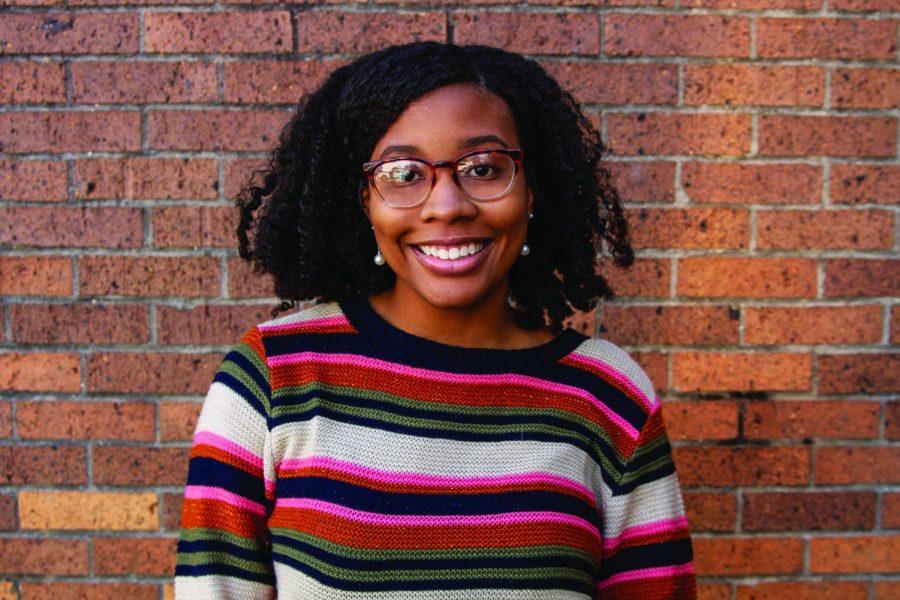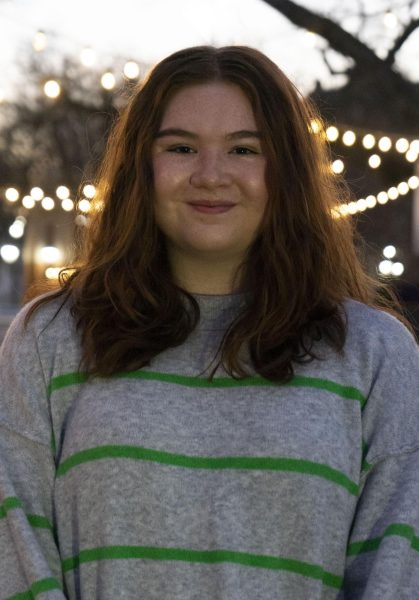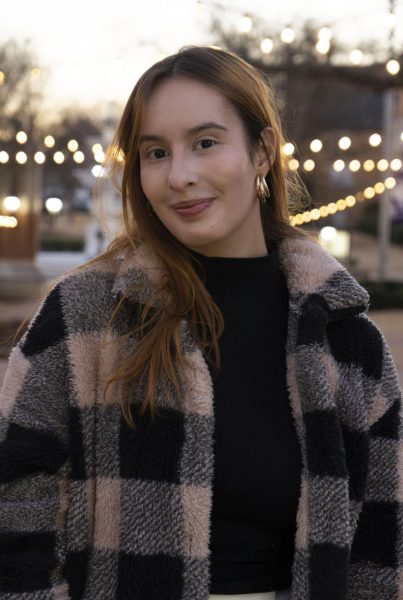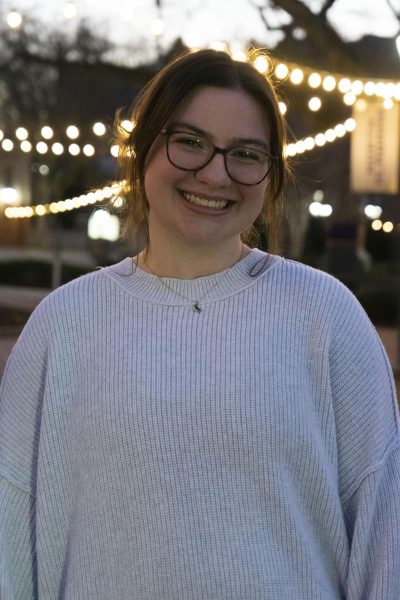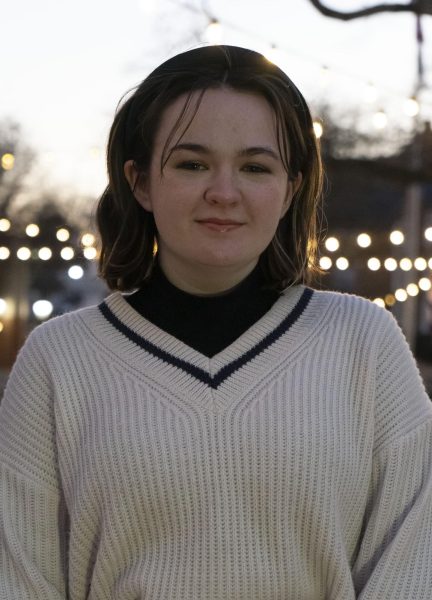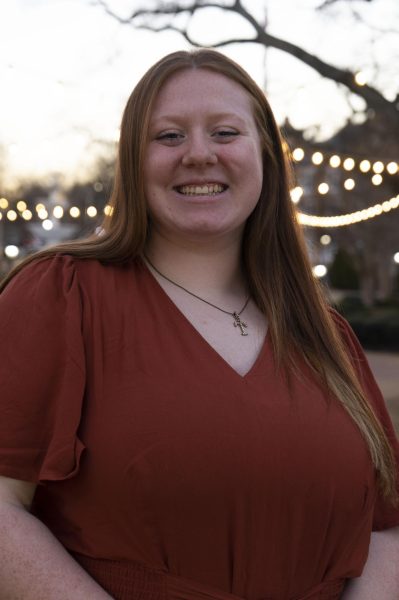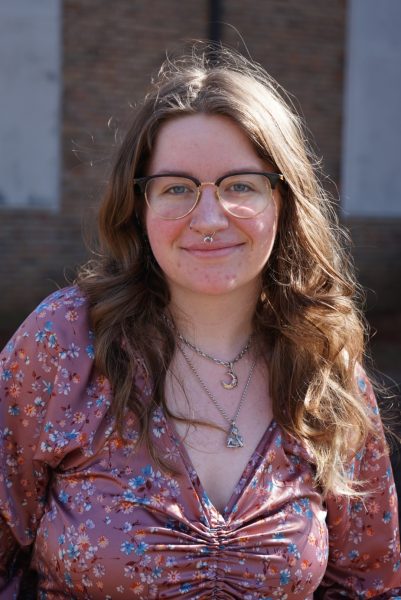Look me in the eyes, not my hair
March 17, 2019
We are not our hair. It does not define who we are as a person, rather our hair is an extension of ourselves.
Some of our hair has been with us ever since we were little kids. Maybe we snuck a pair of scissors and cut a piece off. Maybe it had chewing gum stuck in it, and we had to use peanut butter to get it out.
Some of our hair has carried on with us to when we were teenagers. Maybe we jumped in on a hair craze and dyed our tips blonde, or we decided to shave the underside of our head.
Some of our hair has been through it all from split ends to heat and color damage.
Still, we are not our hair.
As of Feb. 19, The New York City Human Rights Law has made it illegal to discriminate against a person’s hair or hairstyles that are closely associated with their racial, ethnic or cultural identities.
NYCHRL is a civil rights law that is embodied in Title VIII of the Administrative Code of the City of New York, which prohibits discrimination of any kind in employment, housing and public accommodations.
Truthfully, I am glad that this law has been passed, but I am also deeply saddened.
Why did this law have to be passed in order for people, jobs and schools in New York City to stop dehumanizing someone based on the texture, color or style of their hair?
It is not right to judge someone based on the color of their skin, so why would someone do the same thing to their hair?
In August 2018, an elementary student from Jefferson, Louisiana was sent home because of her braid extensions. There is video footage of her exiting the school, crying her eyes out.
A similar situation happened to a high schooler in New Jersey. In December 2018, a young boy was going to participate in a wrestling match; however, the referee told him he had to either cut off his dreadlocks or forfeit the match. There is also video footage, showing a trainer cutting off his locks as people at the gym watched.
These student’s stories are being told, but how many other incidents have there been since then? How many others are being suppressed because they are afraid some retaliation will been taken against them?
According to refinery29.com, British actress, Thandie Newton decided to share her firsthand experience of hair discrimination in an interview with a friend on NBC News in 2012.
“I remember when I was seven at my convent school, it was school photo day so all the kids came looking their best,” Newton said. “Mum did my hair in 20 or so cornrows with green wooden beads on each end to match my school uniform. The nuns were appalled, they wouldn’t let me have my picture taken.”
She said she felt embarrassed, disappointed and ashamed.
I applaud her for her bravery. I am sure this moment is not something she is proud to experience. Who knows how many years it has been loitering in the back of her mind? To her, it was just a conversation with a close friend, but to some little girl watching, it could have been relatable. It could have inspired them to share their own story.
It has inspired me to tell mine.
When I was in the fifth grade, my mom put a relaxer in my hair because she thought it was what I wanted and she thought it would make it easy to manage. Little did she know, I did not like my hair straight.
Year after year, I got relaxer after relaxer. My hair got weak and my ends broke off and I really did not like what I saw in the mirror because my hair was not representing the person I was inside.
The summer of my sophomore year, I convinced my mom to let me go natural. Throughout most of high school, I wore protective styles like box braids and Senegalese twists. I was very insecure to take them down because I felt it was not long enough, or it was not pretty enough because it was not straight.
I should not have felt this way.
We should not be afraid to be ourselves and embrace our hair. We should rejoice in being different – Not alienate each other for not looking a certain way or playing the part.
So, yes, I have always been nervous to wear my natural hair because I was afraid of what people might have thought. Now, I embrace my hair and face my fear of being rejected because I wear my natural hair every day.
I can only hope that people will see me, instead of seeing a hairstyle.


